What can help your website rank higher in search, attract more traffic, and ultimately convert more visitors into customers? The answer is well within your reach – and we’ve got a checklist to help you make it happen.
The answer is on-page SEO, one of three main factors that search engines use to rank your website and its content. It involves optimizing important site components so each can function as effectively and perfectly as possible. These components include:
- Content elements like keyword research and visual content
- HTML elements like page titles, headers, meta descriptions, image alt text, and structured markup
- Site architecture elements like page URLs, internal linking, mobile responsiveness, and site speed
On-page SEO works alongside off-page SEO and technical SEO so your website can better explain and illustrate who you are and how you provide value not only to visitors but to search engines as well. You make these optimization adjustments right on your website pages so they’re visible both to visitors and to search engines, unlike most tweaks to off-page and technical SEO. As a result, you have the most control over on-page SEO for your site.
Make Sure On-Page Optimization Is Working For Your Business
Check these nine items off your on-page SEO checklist every time you add content to your website, and you’ll see your site traffic, conversions, and search ranking transform.
- I’ve used keywords in my page URL.
You want both visitors and search engines to know what kind of content they’ll find on a page. How will they know? With the keyword, you include in the page address or the Uniform Resource Locator (URL). SEO-friendly URLs typically use one or two target keywords, exclude unnecessary words, and have an https: secure, encrypted connection.
- My page title is optimized.
You want a page title that accurately describes the content and includes a target keyword. Google likes it if you keep the title length under 60 characters so that it will display properly on SERPs (search engine results pages). - I’ve used headers in the body of my content.
You want your page content to be scannable and search-friendly. Header tags help with this. Try not to employ keyword stuffing, i.e., using the same keywords repeatedly, but incorporate alternate keywords in your <h1> and <h2> headers. - My content includes keywords.
You want to use keywords throughout your content where they fit naturally into the narrative. You don’t want search engines to “think” you’re trying to manipulate them to get a better ranking. If they do, they’re smart enough to penalize you for it, plus it presents an unpleasant user experience. - I’ve incorporated images, graphics, or other visuals.
You want to engage visitors with visually appealing content balanced between text and images. Plus, if the visuals are also optimized, they can help drive image search traffic. This can also improve the visibility of your web pages in SERPs. - My visuals are optimized with alt text.
You want to explain plainly what’s happening in the image so visually impaired visitors can understand what it’s doing in your content. Alt text also helps with page SEO and can drive a ranking in image search, too. Keep alt text shorter than 125 characters and use keywords sparingly. - I’ve written a compelling meta description.
You want to encourage a searcher to click through to your page content from the search page. Write two or three sentences summarizing the page’s content, including your keyword or full keyword phrase. Keep it under 160 characters. - My content includes internal links.
You want to help search engines understand the relationship among different pages on your website. Internal links to other pages on your site help with this. Place a reasonable amount of relevant links throughout the page content so they add value to the user experience. - I’ve added external links.
You want visitors and search engines to know your web pages are well-referenced, credible, and trustworthy. By linking to other credible, trustworthy websites, you’ll show them that you’re in good company.
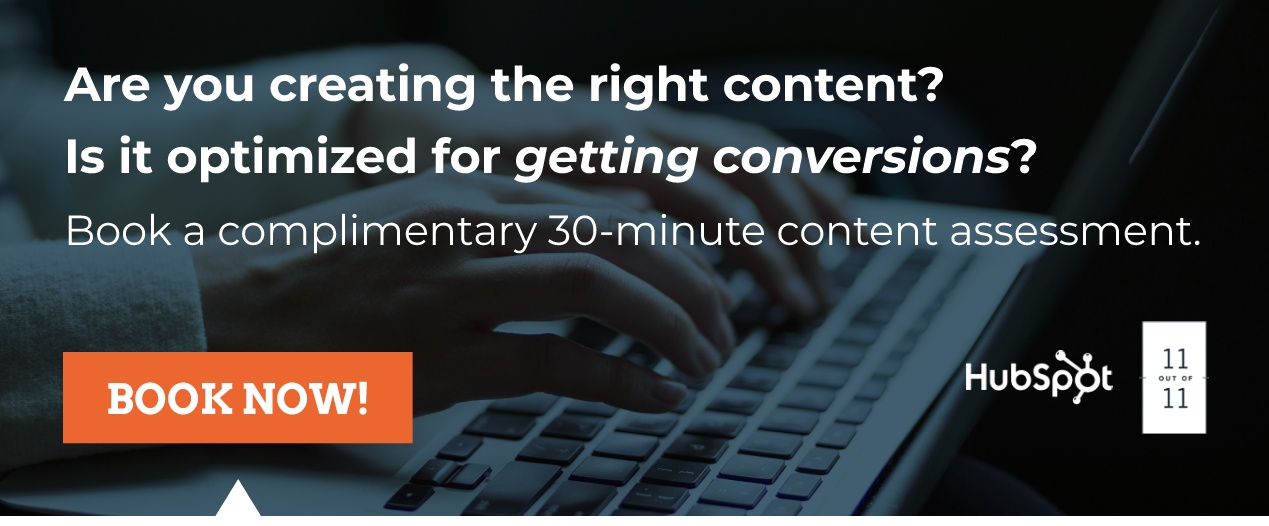
11outof11 Knows Website SEO
If you need to know whether your website content is good as-is, if it needs a couple of tweaks, or if it requires a total overhaul, connect with 11outof11 about our audit services. Request a complimentary call with an 11outof11 expert. Contact us to learn more.




.png)

